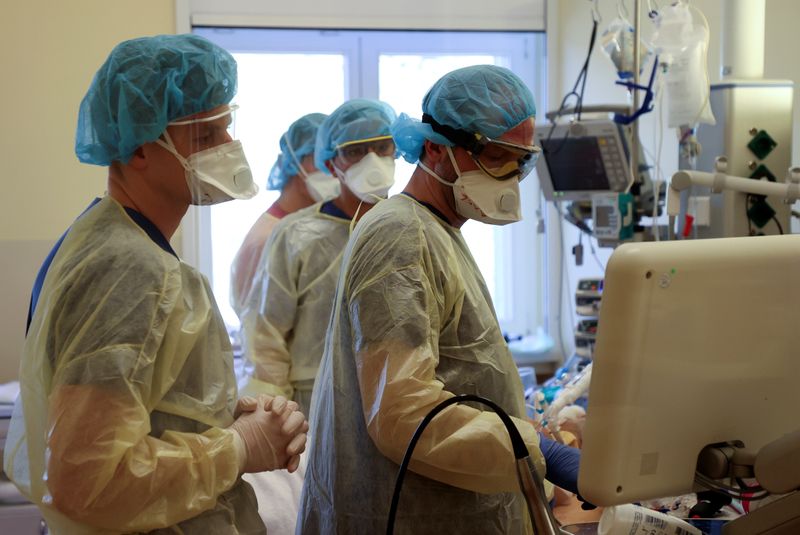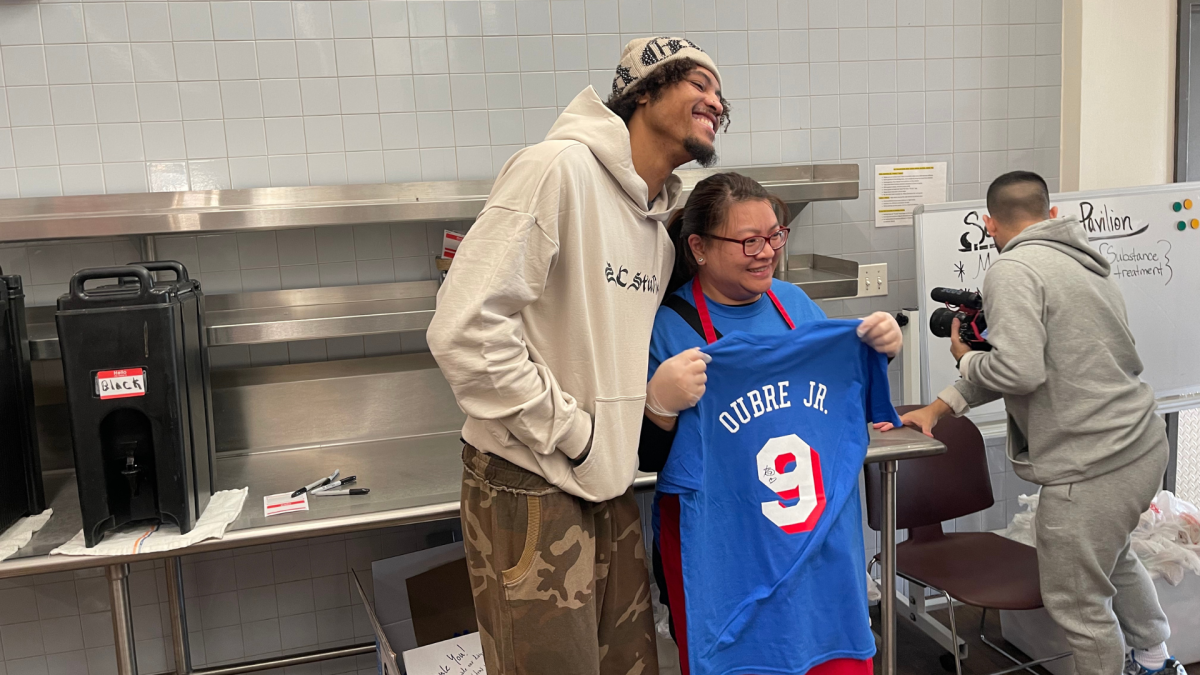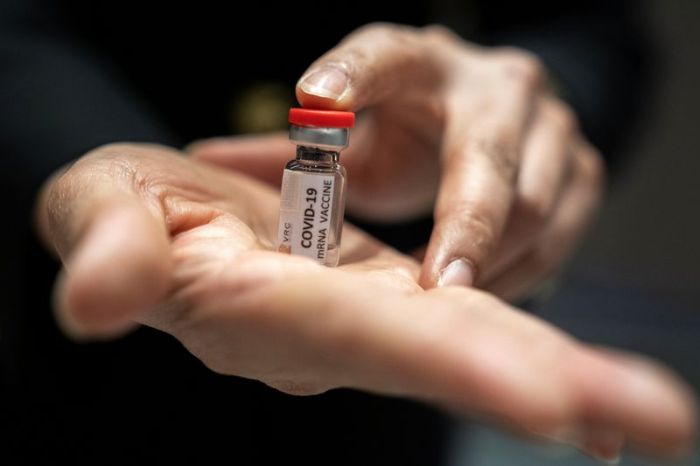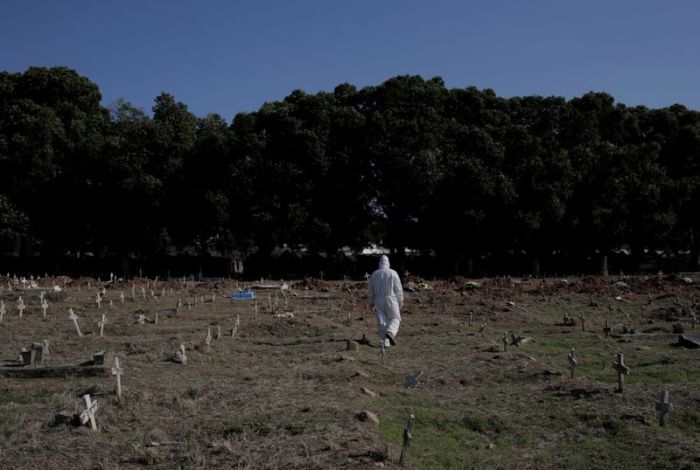(Reuters) – Here’s what you need to know about the coronavirus right now:
South Korea’s second wave
Health authorities in South Korea said for the first time the country is in the midst of a “second wave” of novel coronavirus infections focused around its densely populated capital.
The Korea Centers for Disease Control and Prevention (KCDC) had previously said South Korea’s first wave had never really ended.
But on Monday, KCDC director Jeong Eun-kyeong said it had become clear that a holiday weekend in early May marked the beginning of a new wave of infections focused in the greater Seoul area, which had previously seen few cases.
Training an “army”
Europeans are enjoying the gradual easing of coronavirus lockdown measures, but in hospitals they are already preparing for the next wave of infections.
Some intensive care specialists are trying to hire more permanent staff. Others want to create a reservist “army” of medical professionals ready to be deployed wherever needed to work in wards with seriously ill patients.
European countries have been giving medics crash courses in how to deal with COVID-19 patients, and are now looking at ways to retrain staff to avoid shortages of key workers if there is a second wave of the novel coronavirus.
Antibody levels fall quickly
Levels of an antibody found in recovered COVID-19 patients fell sharply 2-3 months after infection for both symptomatic and asymptomatic patients, according to a Chinese study, raising questions about the length of any immunity against the novel coronavirus.
The study highlights the risks of using COVID-19 “immunity passports” and supports the prolonged use of public health interventions such as social distancing and isolating high-risk groups, researchers said.
Health authorities in some countries such as Germany are debating the ethics and practicalities of allowing people who test positive for antibodies to move more freely than others who do not.
Israeli company has high hopes for mask fabric
An Israeli company expects a fabric it has developed will be able to neutralise close to 99% of the coronavirus, even after being washed multiple times, following a successful lab test.
Sonovia’s reusable anti-viral masks are coated in zinc oxide nano-particles that destroy bacteria, fungi and viruses, which it says can help stop the spread of the coronavirus.
Tests in the Microspectrum (Weipu Jishu) lab in Shanghai had demonstrated that the washable fabric used in its masks neutralised more than 90% of the coronavirus to which it was exposed, Sonovia said on Monday.
Liat Goldhammer, Sonovia’s chief technology officer, said that in the coming weeks the fabric, which can also be used in textiles for hospitals, protective equipment and clothing, will be able to neutralise almost 99% of the coronavirus.
Dog days for Chinese fair?
China’s annual dog-meat festival has opened in defiance of a government campaign to reduce risks to health highlighted by the novel coronavirus outbreak, but activists are hopeful its days are numbered.
The coronavirus, which is widely believed to have originated in horseshoe bats before crossing into humans in a market in the city of Wuhan, has forced China to reassess its relationship with animals, and it has vowed to ban the wildlife trade.
In April, Shenzhen became the first city in China to ban the consumption of dogs, with others expected to follow.
The agriculture ministry also decided to classify dogs as pets rather than livestock.
(Compiled by Linda Noakes, Editing by Timothy Heritage)
























